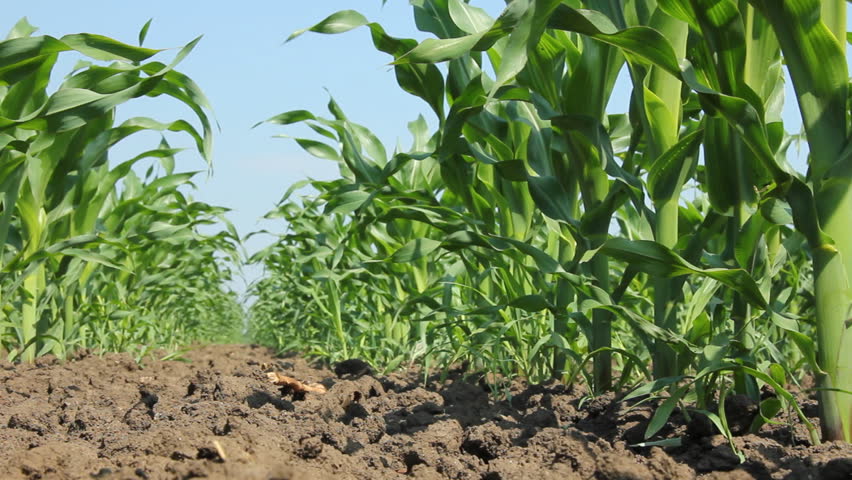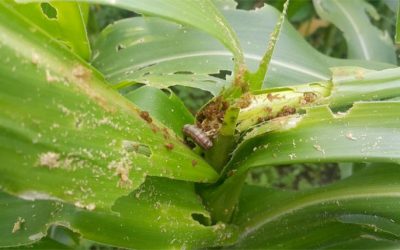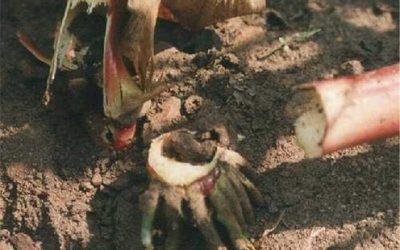The benefits of organic matter.

When the soil contains sufficient organic material, farming becomes far easier and less risky. In contrast, in a chemically based system, the interaction between the minerals becomes critical and complex, and a farmer needs a great deal of experience and knowledge to get good results.
A high content of organic material provides a buffer that makes mineral imbalance less critical.
To some extent, the soil becomes self-regulating. The beneficial organisms predominate and suppress the harmful organisms or pathogens, such as eelworm.
The relationship between soil organisms, humus and plant health is greatly underrated.
Another major benefit of using manure and no-till is that the soil forms aggregates, which are small clusters of soil particles held together by humus.
This provides good aeration and promotes better root development. Aeration, in turn, encourages the growth of beneficial soil organisms and enables water to penetrate the soil more rapidly, resulting in less runoff.
Humus also acts as a sponge, and ensures that water is retained by the soil before draining through the profile, taking with it nutrients. Humus-rich soil can sustain a crop for a few weeks longer than soil with low humus content.
Cultivating a crop in humus-rich soil is far easier than in low-humus soil. It will help you save fuel and reduce soil compaction and clod formation.
Clods have a distinctly different microclimate. They are often impervious to roots, which prevents the plant from accessing the nutrients in them. They are also a source of pathogenic organisms.
The more you cultivate soil, the faster you break down the humus and soil structure. While soil does need aeration, too much is destructive. Tillage should be strategic and carried out only for certain tasks, such as removing weeds, loosening the soil to plant a crop, or breaking hard layers in the soil profile.
Keeping tillage to a minimum will cut costs and preserve humus.
Over-aeration stimulates soil organisms to feed on the humus, which releases nitrogen into the soil. This is beneficial in the short term; in the long term it is detrimental to organic content and the benefits this provides.


